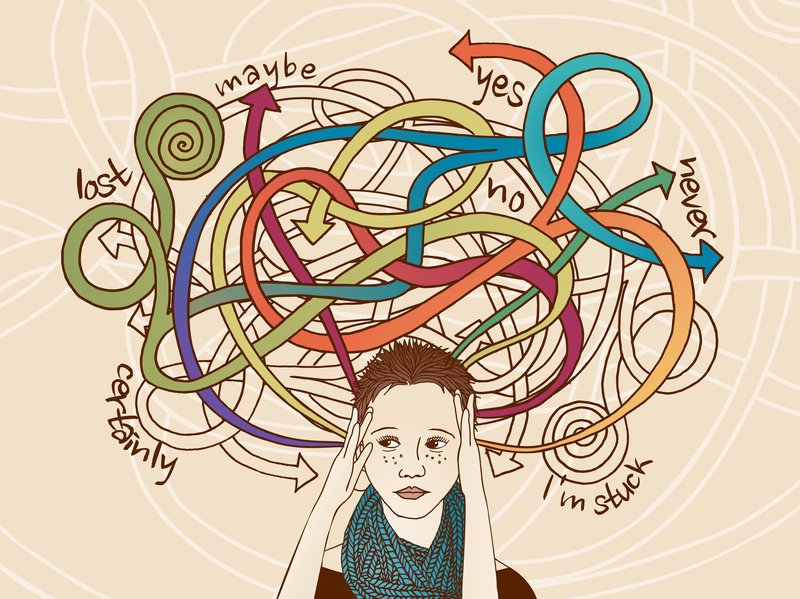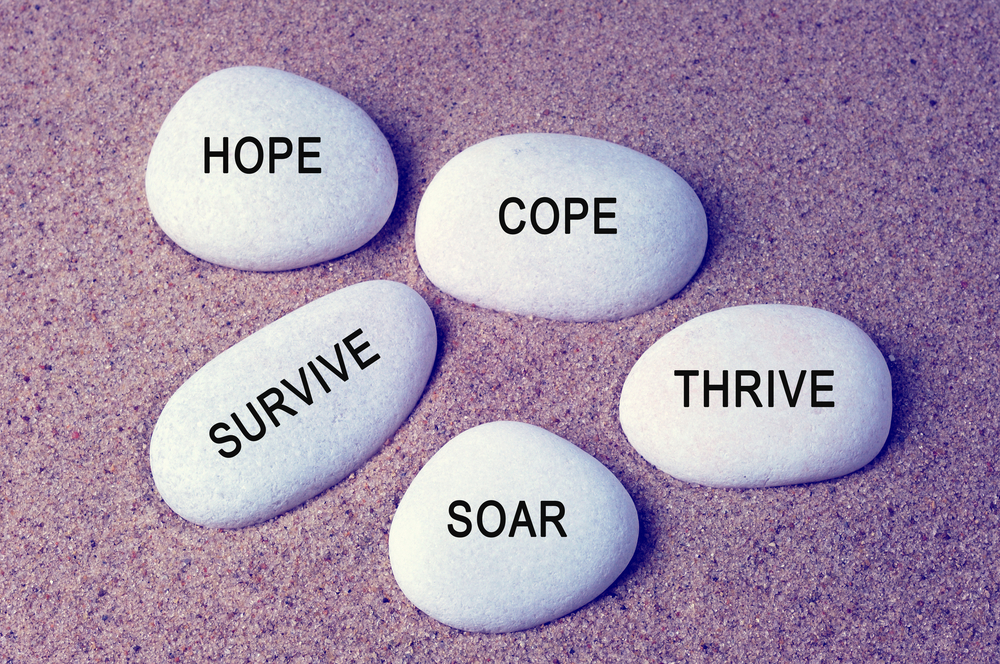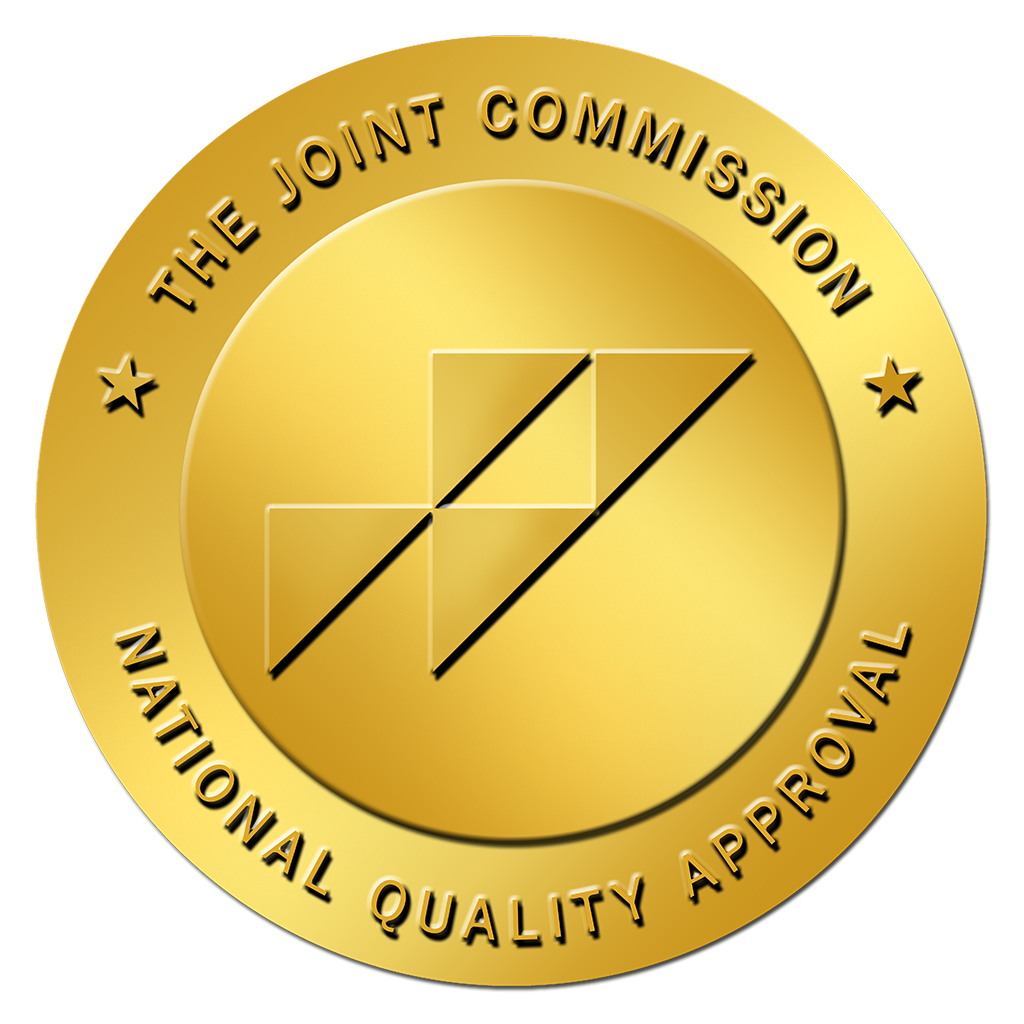by: Nick Overbeck MS, LPC, LCDC
“It is hard to be happy without a life worth
living. This is a fundamental tenet of DBT. Of course, all lives are worth
living in reality. No life is not worth living. But what is important is that
you experience your life as worth living—one that is satisfying, and one that
brings happiness.”
― Marsha M. Linehan, Creator of DBT
Emotions, feelings, beliefs, and sensations can sometimes be overwhelming, tiresome, or downright annoying. Sometimes, we may think we would be better off turning them off, maybe we even have learned to break away from them, or even stuff them down and not deal with them. The problem with this, as research suggests, is that if we persistently ignore or suppress our emotions they often come back much stronger or, for many, manifest into mental/physical illness or even addiction. For example, as many that have experienced intense rage before know, ignoring and bottling up our anger for a long time eventually causes many people to explode sometimes without warning just like a coke bottle that has been shaken up until the lid comes off.
So how can we learn to deal our feelings before they deal with us?
Of course, there are countless ways to work through our emotions including writing about them, exercise, talking about them with others, therapy, meditation, communicating effectively with others, meditations, etc. When it comes to addiction, learning to be aware of and skillfully deal with our feelings is a key skill to staying sober.
The core concept of DBT is based in the first word, dialectic, which is all about understanding how to balance and compare things, thoughts, beliefs, and/or emotions that may appear very different or even contradictory. The basis behind DBT, also known as Dialectical Behavioral Therapy, is integrating a large variety of skills that we can use to become aware of, accept, communicate, and work through our emotions.
In DBT, individuals learn that there is a balance between change and acceptance. Utilizing skills taught in DBT helps us to learn to work on changing the behaviors in our lives that are creating suffering for you and the lives around you and loved ones while simultaneously also accepting yourself the way you are. This concept might seem conflicting, but it’s a key component of DBT. Dialectical behavior therapy focuses on acceptance and change, not acceptance or change. For example, if you are or know someone that struggles with addiction it is very likely at some point they have thought both “I am so glad I am sober, because I’m a better person when I am” and “I would really like to get wasted right now”. Another example is if you’ve ever felt really sad even though you had a great day or maybe you love someone very much and that person has brought up feelings of hatred or rage after hurting you.

Thinking two opposing thoughts, beliefs, or feeling opposing emotions can be scary, confusing, and frustrating. DBT teaches us to accept where we are in life and to build skills around working through them. The foundation of DBT relies on four core principles of Mindfulness, Interpersonal Effectiveness, Distress Tolerance, and Emotional Regulation to help people work through their issues. In layman’s terms, DBT helps us to focus on being present and aware of ourselves and our surroundings, communicate with others in a healthier manner, identify and work through emotions instead of pushing them down, and teaches us skills to tolerate stress and crises in our lives.
Although DBT has been primarily known for treatment of self-harm, suicidality, and Borderline Personality Disorder, the skills involved can be used to help across a wide variety of settings and issues. However, research is beginning to show that DBT has also been used successfully to treat people struggling with addiction, PTSD, eating disorders, depression, anxiety, substance abuse, and bipolar disorder. Arise Recovery Centers utilizes DBT in all of their therapy groups to help individuals trying to get sober gain healthy coping skills to use instead of unhealthy coping skills in the past such as alcohol, drugs, overeating, violence, and so on.

If you are ready to take the next step and learn how to recover alongside others click here to connect with one of our team members Arise Recovery Centers is an Intensive Outpatient Program that is conveniently located in Dallas, Fort Worth, McKinney and Southlake. We offer individual, family, and group therapy to help those suffering from addiction recover and grow.



